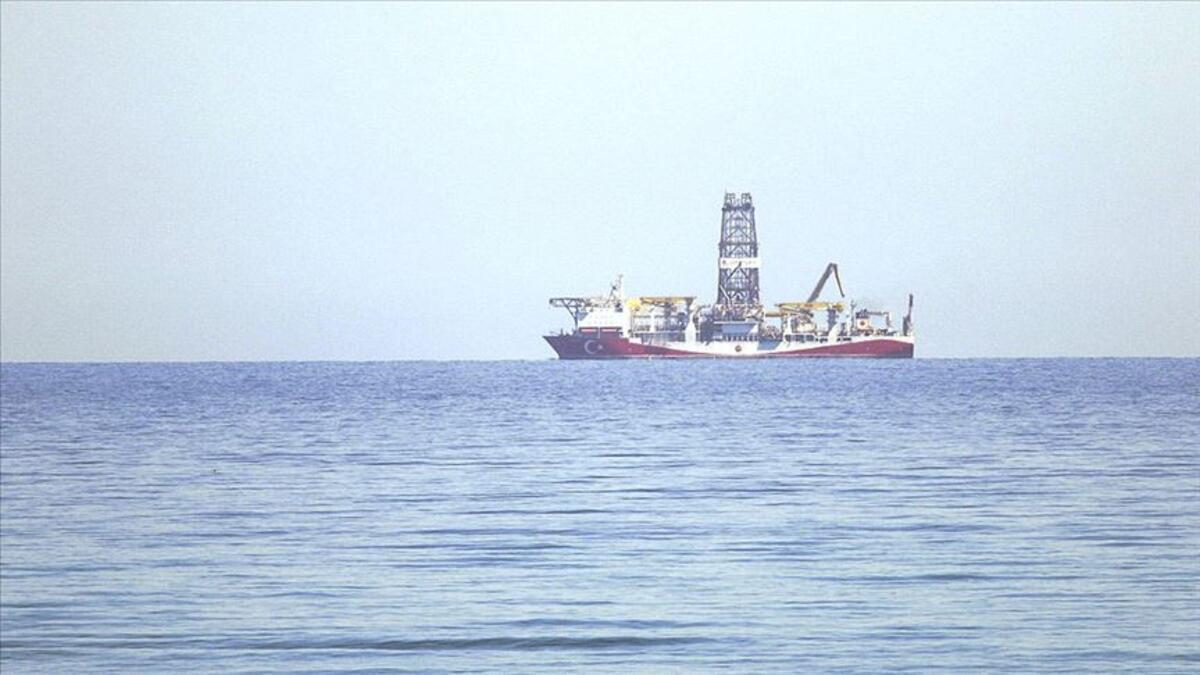
The Turkish Energy and Natural Sources Ministry has ramped up its operations in the Black Sea in a bid to take newly discovered natural gas online in 2023, according to the minister.
“We are planning to drill 30 to 40 wells there in total. We are talking about a working plan of 7 or 8 years. If we manage to dig 8 or 10 wells until 2023, that means that we can start production at that time,” Energy and Natural Resources Minister Fatih Dönmez told reporters in Ankara.
Turkish officials recently announced that drillship Fatih found natural gas reserves of 405 billion cubic meters (bcm) in the Sakarya Gas Field, which lies 170 kilometers off the coast of the Zonguldak province. The discovery came at a depth of 4,445 meters in the Tuna-1 well.
“The works will continue with production, development of the gas field and drilling new wells. We are planning to conclude all works there until 2028,” said Dönmez.
“On the other hand, we will start new seismic exploration operations in November,” he added, saying that these operations will take up to 6 months and geologists are hopeful for new discoveries.
The Fatih will be on duty in another well, Türkali-1, also in the Sakarya Gas Field. The Kanuni, another drillship, is also headed to the Black Sea for operations.
With increasing pipeline imports from Russia, Azerbaijan and Iran, the total amount of natural gas entering Turkey is almost twice the amount of consumption, Dönmez noted, saying: “Competition will be more intense with the new domestic sources. We can become the commercial hub of the Southeastern Europe.”
Turkish national drilling and gas company BOTAŞ and private companies hold long-term natural gas contracts with exporter countres totaling 54 bcm annually. In the next two years, contracts for 16 bcm of gas will expire, and in the next five years contracts for 30 bcm of gas will also need to be renewed, said Dönmez.
“We have more bargaining power with the newly discovered domestic sources,” he said.
According to local media reports, an annual Black Sea gas flow of 15 bcm is envisaged from 2025.
Import bill could decline significantly
Ankara imported 45.3 bcm natural gas last year, paying approximately $12 billion.
Besides pipelines, Turkey has improved its liquefied natural gas (LNG) infrastructure in a bid to increase the share of cheaper LNG in its natural gas mix from 28 percent in 2019 to around 33 percent in 2020, according to the ministry.
Turkey’s major LNG suppliers are Qatar, the United States, Algeria, Nigeria, Cameroon and Egypt.
In August, natural gas imports increased by 6.5 percent compared to the same month of 2019, according to Turkish energy watchdog’s data.
Natural gas imports increased to around 3.35 bcm in August, from 3.14 bcm in the same month of 2019, the Energy Market Regulatory Authority (EPDK) said in its monthly natural gas market report.
Russia was Turkey’s top gas import destination, supplying 1.37 bcm of natural gas while Azerbaijan and Iran followed with 986 and 406 mcm, respectively.
Turkey’s total gas consumption increased by 19.5 percent to approximately 3.05 bcm this August from around 2.55 bcm in August last year.
Household consumption grew by 7.8 percent to reach 274 mcm while the use of gas in power plants increased by 45 percent to 1.28 bcm during the same period.
The amount of natural gas in storage in August decreased by 12.9 percent to around 2.43 bcm from about 2.79 bcm in August last year.
Crude oil purchases rise in September
Turkey’s energy import bill decreased by 17.7 percent to $2.68 billion in September this year compared to the same month last year, according to data released by the Turkish Statistical Institute on Oct. 30.
Although the overall energy import bill fell last month, the country increased its crude oil purchases.
The data shows that Turkey’s overall import bill, including energy and other items, totaled $20.83 billion in September, with energy accounting for 12.8 percent of the overall import figures.
The country’s crude oil imports also showed a nearly 27 percent increase compared to September 2019.
Turkey imported approximately 3.41 million tons of crude oil last month, up from 2.69 million tons in September 2019.